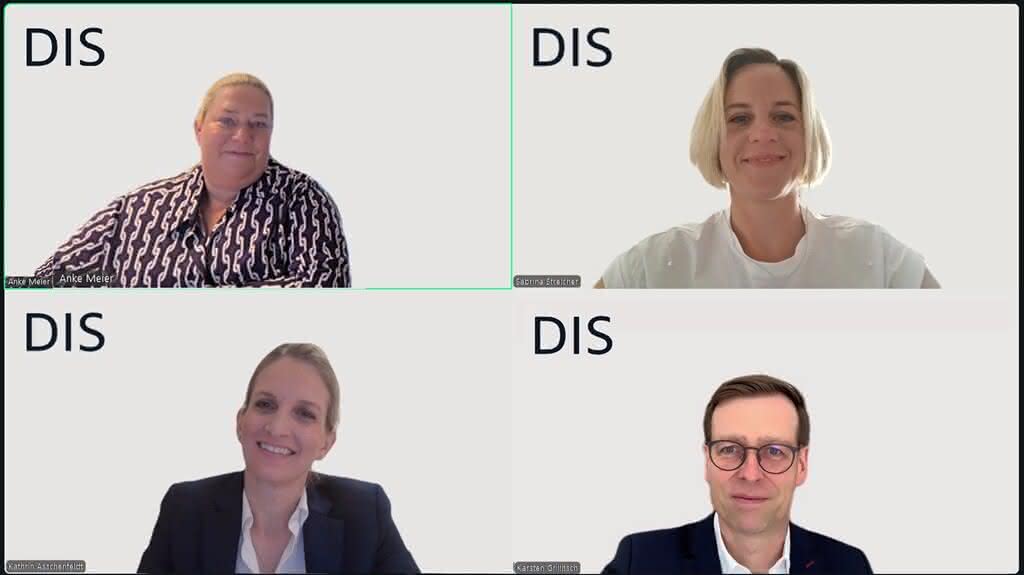Following an introduction by Karsten Grillitsch, the panel Anke Meier (Noerr) and Sabrina Streicher (BASF) discussed with moderator Kathrin Asschenfeldt (BAUMANN Resolving Disputes) current trends and different patterns of ESG-related disputes. It was further explored whether arbitration could provide the right forum to handle these claims.
- Sabrina highlighted that ESG disputes now affect all sectors and are driven by new regulatory requirements as well as the active involvement of NGOs and investors. While litigation remains the main forum for public ESG claims, arbitration is increasingly relevant for B2B disputes, such as those arising from M&A transactions, supply chain agreements, and sustainability warranties.
Key challenges for arbitration in the ESG context include balancing public interest and confidentiality as well as managing multi-stakeholder interest. On the other side, ESG disputes are complex and blend regulatory, scientific and accounting issues. Arbitration is well suited to address these challenges and offer the parties a tailored tribunal and proceeding. Sabrina expressed skepticism about the need for dedicated ESG arbitration rules, advocating instead for targeted procedural tools and expert appointments within existing frameworks.
With respect to ESG clauses, Sabrina emphasized that these clauses are becoming standard in commercial contracts, leading to more B2B ESG disputes being resolved through arbitration. Sabrina expects the number and diversity of such proceedings to continue to grow in the coming years. - Anke added that ESG topics are already very present in many investor-state arbitrations where they often raise the issue of the State’s right to regulate. In her view, both investment and commercial arbitration will see a further growth of ESG related cases. Due to its procedural flexibility, arbitration is well equipped to handle these disputes.
Anke further emphasized the importance of thoroughly drafted ESG clauses to avoid subsequent disputes. In that respect, a functioning governance and compliance is of utmost importance. At the same time, the evolving legal framework of ESG regulations has to be closely followed.
Ultimately, it was agreed that there will be more ESG-related disputes in the future, involving ESG-related arbitrations. However, it is to be expected that these are “ESG-touched arbitrations”, relating to claims based on ESG clauses in contractual agreements. Typical climate change disputes or greenwashing claims will more likely remain before state courts.
We thank all participants for their engaging discussion!
Kathrin Asschenfeldt, Anke Meier and Sabrina Streicher

